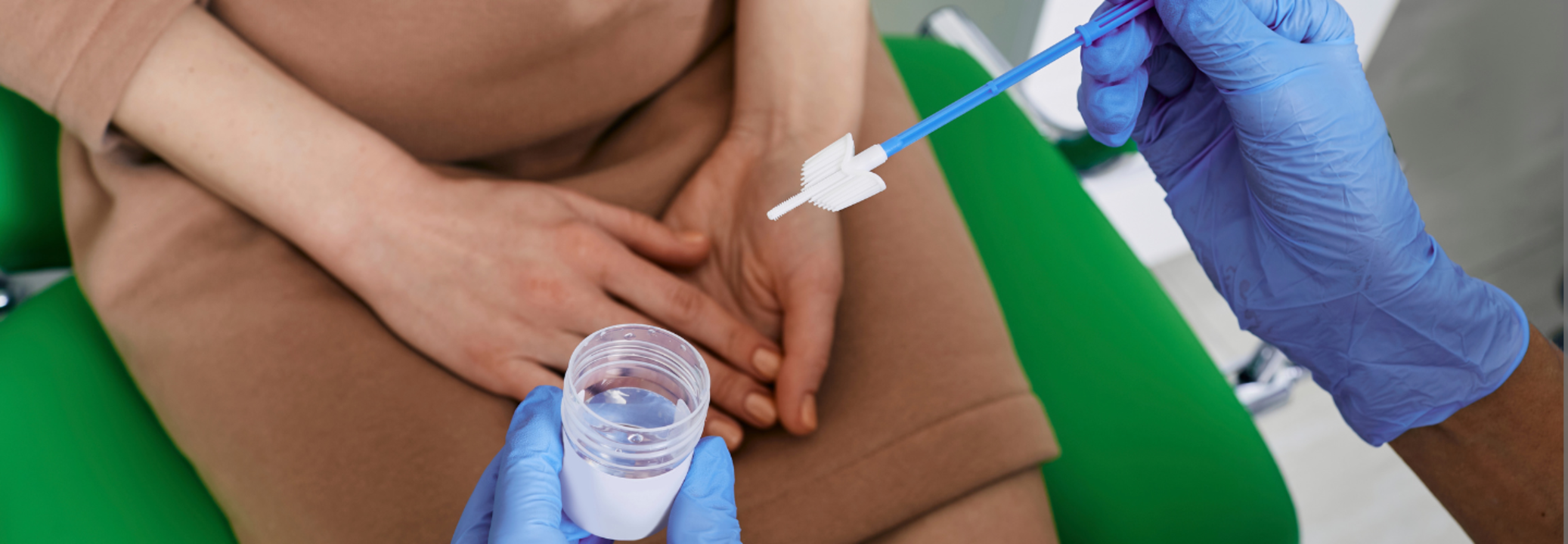FDA Approves First At-Home Cervical Cancer Screening Test Kit That Could Replace Pap Smears

Credits: Canva
SummaryThe FDA-approved is the first at-home cervical cancer screening test that detects HPV using a self-collected vaginal swab, offering a less invasive alternative to traditional Pap smears.
End of Article
